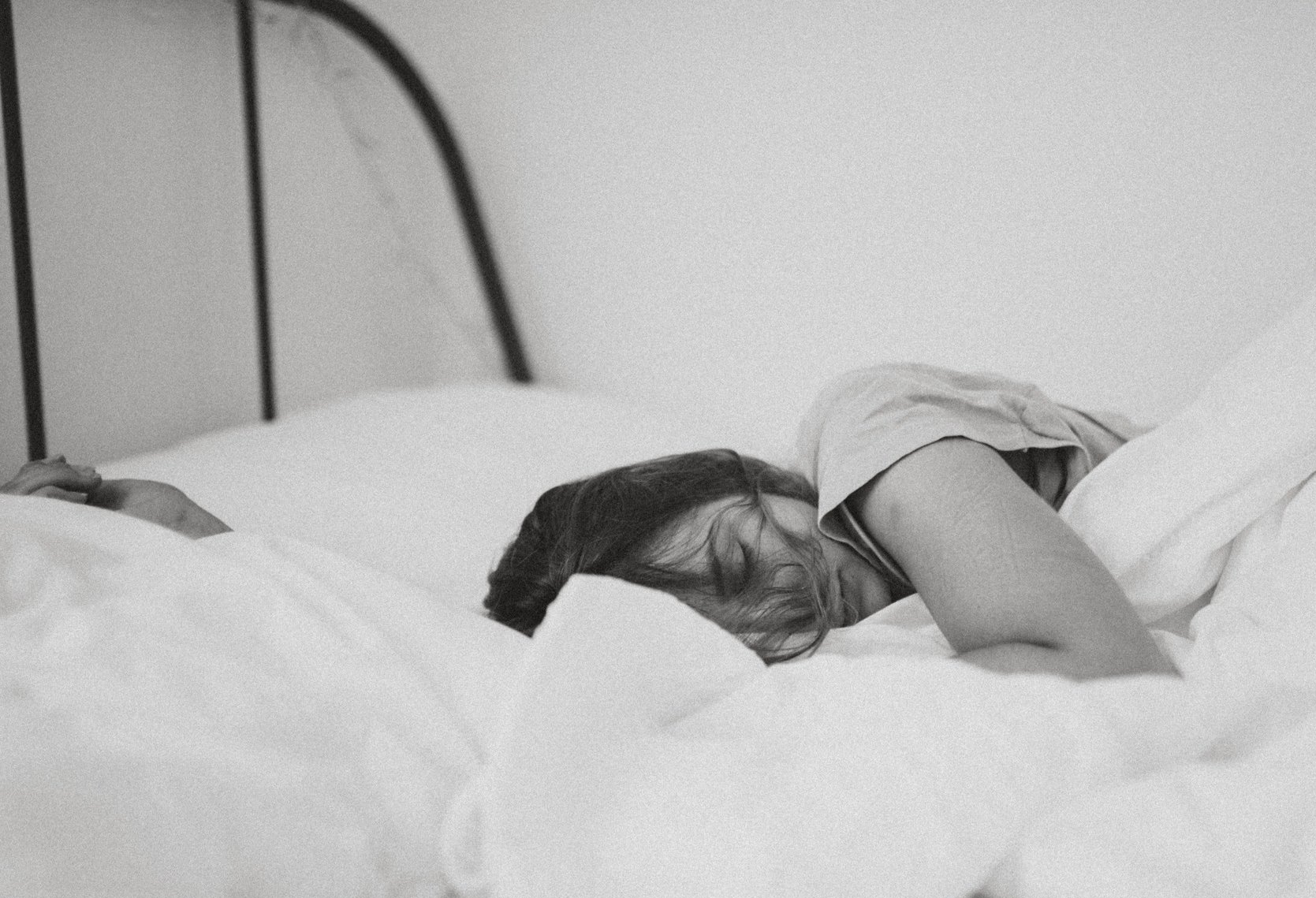Insomnia is being treated in new ways.
I recently attended continuing education on the treatment of insomnia; namely, CBTi or Cognitive Behavioral Therapy for Insomnia. Interesting information is available that I want to pass on to you. Please read on.
"Sleep Drive" is a thing.
Much of the new research centers around the concept of "sleep drive." Sleep drive is like appetite or sex drive - there are conditions that make it wax and wane. The higher one's sleep drive, the more likely they will fall asleep easily, stay asleep, and achieve restful, deep-stage sleep. What increases
sleep drive is daily activity, exposure to sunlight (preferably in the morning), and lack of sleep. What decreases
sleep drive is leading a sedentary lifestyle, light exposure at night (especially from screens), and use of caffeine and other stimulants.
Keep consistent bedtimes?
As it turns out, the idea of keeping a consistent bedtime may work for those who never have sleep issues, but can completely backfire for those who have insomnia. A better strategy is to keep consistent wake times. Going to bed only when you are sleepy helps re-associate bed
with sleep.
Waking up at the same time every morning, even on the weekends, helps to reset the body's clock and improve sleep drive.
"An occasional glass of wine, or the Ambien my doctor prescribed, helps me get my sleep."
This is a commonly held myth that needs to die! Alcohol and sedatives absolutely make us feels sleepy. But, they result in sleep that lacks the deep wave states necessary to give us truly restorative, restful sleep.
Psychologists are treating insomnia with effective, drug-free interventions
. CBTi incorporates the empirically-proven elements of CBT with recent research to promote restful sleep and reset normal sleep-wake cycles. As in CBT, irrational thoughts and negative self-talk are targeted, and behaviors that help to prime the body for sleep are employed and practiced until they become habits. Typically, the therapist conducts a thorough sleep assessment, which requires recording specific data for several nights or weeks. A functional analysis helps determine the effects and consequences of an individual's patterns. Concurrent mental issues and illnesses are explored/ruled out.
